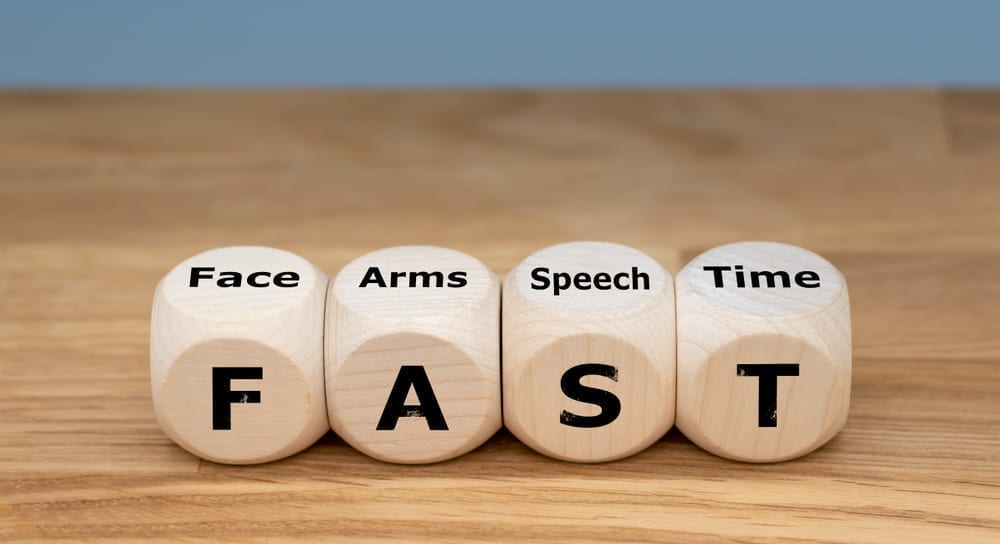
For any loved one or caregiver of a senior, whether in an assisted living community or elsewhere, knowledge of common medical conditions and their signs is always valuable. One great example is a stroke, which is a higher risk for some seniors than many others – and also has some telltale signs that loved ones or other caregivers should be able to spot quickly and react to.
For residents of Avamere at Mountain Ridge, this kind of basic recognition is expected and is a normal staff requirement in our assisted living community. All our staff are trained to recognize the basic signs of a stroke or many other possible immediate conditions and risks, plus receive specific training or notifications for any residents with specific health concerns we need to be aware of. The ideal system for recognizing a stroke is known as the FAST system – here are its basic tenets and how to follow them.
Face
While facial symptoms aren’t always present during a stroke, they may be seen and are a significant indicator when they are. The primary symptom seen here will be a drooping from one side of the mouth, where one side or the other becomes lopsided and cannot be altered.
If you’re unsure whether a senior loved one is having a stroke, look at their face. If possible, ask them to smile and see if they are able to.
Arms
The next important area to check for if you’re concerned a stroke is taking place is the arms. Ask your loved one to lift both arms over the top of their head – if they can only lift one arm (and if there are no other physical limitations causing this), this could be a telltale sign of a stroke, which often impacts one side of the body and not the other.
Speech
Another classic sign of a stroke is trouble with speech, as oxygen and blood flow to the brain are often cut off and this area is impacted. Has your loved one suddenly begun to slur words or repeat themselves when this behavior is not normal? Are they displaying unusual speech patterns or struggling to speak at all? These all could be signs of a stroke in some cases.
Time
Throughout this process, keep time in mind. Strokes require immediate action to limit their long-term effects, and this means you must call 911 right away and without any delay if any of these signs are present. Even a few minutes or seconds could play a huge role in the care this person receives, so take this seriously.
For more on recognizing the signs of a stroke, or to learn about any of our assisted living, memory care or other senior living programs, speak to the staff with Avamere at Mountain Ridge today.
